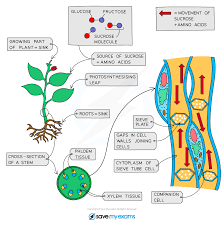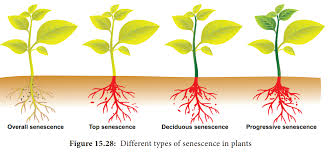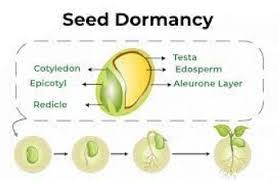
Agric4Profits.com – Your Comprehensive Practical Agricultural Knowledge and Farmer’s Guide Website…
It’s All About Agriculture – The Way Forward!
Browse Our Categories
Free Consultancy for African Women (Let’s Feed Africa!)
Free Agricultural Consultation Form
Testimonials
Latest Posts
Types of Propagation Methods
There are two (2) major types of propagation methods namely; Sexual propagation methods and Asexual propagation methods. 1. Sexual Propagation This is a method of plant propagation involving the fusion… Read More

Light and Solar Radiation in Agricultural Production
Most terrestrial plants grow through selective absorption of natural light from the sun. Sunshine is essential for plant growth, as it provides both the heat and light required for all… Read More

Meaning and Uses of Genetic Molecular Markers in Agriculture
Due to the rapid developments in the field of molecular genetics, a variety of different techniques have emerged to analyze genetic variation in the last few decades (Whitkus et al.… Read More

Introduction to the Influence of Global Warming on Water Stress in Plants
The influence of global warming worldwide is creating unusual weather phenomena, often manifesting as water deficits or floods and waterlogging. Among these two, drought is considered the worst due to… Read More

Role of Environmental Resources in Crop Growth and Development
The world population is steadily increasing each year, creating a demand for more food to adequately feed the growing population. The environment plays a primary role in influencing plant growth… Read More

Translocation and Respiration In Plants
When plants create nutrients in their leaves, how do materials get to the rest of the plant? Just as in humans, where food is distributed throughout the body, plants also… Read More

Juvenility and Senescence in Plant Growth and Development
During the life cycle of a plant, it undergoes noticeable morphological changes, progressing from the embryonic phase to juvenile and mature stages. These are phases of growth and development, which… Read More

Seed Germination and Dormancy
With seeds, the independence of the next generation of plants begins. Seeds must germinate and become established to produce the next set of seeds. Nature allows different periods for seeds… Read More

Understanding Biofertilizers and Their Role in Sustainable Agriculture
Biofertilizer is a natural organic fertilizer that provides essential nutrients to plants and enhances soil quality through the activity of beneficial microorganisms. These microorganisms create a natural environment that supports… Read More

Nitrification and Its Role in Agricultural Nitrogen Management
The term nitrification refers to the conversion of ammonium to nitrate (pathway 3–4). This is brought about by the nitrifying bacteria, which are specialised to gain their energy by oxidising… Read More

Role of Nitrogen in Supporting Agricultural Life and the Biosphere
The growth of all organisms depends on the availability of mineral nutrients, and none is more important than nitrogen, which is required in large amounts as an essential component of… Read More
Benefits of Pruning or Trimming of Plant
Pruning or trimming of plant is remover of the unwanted part of a tree. such as excess branches or stems. it can be dead or complete branches. The best time… Read More




























